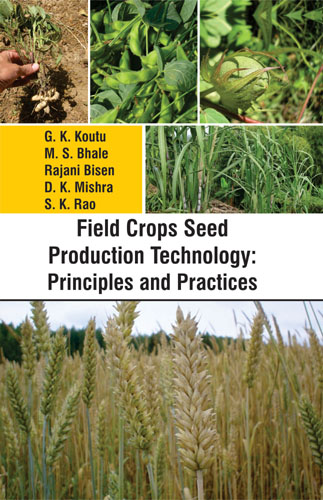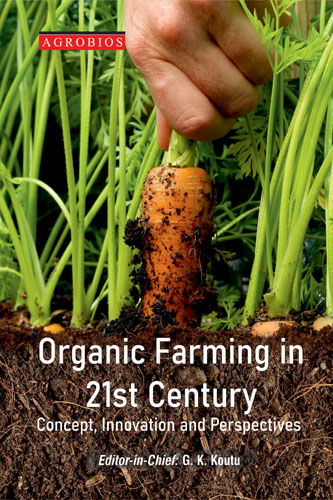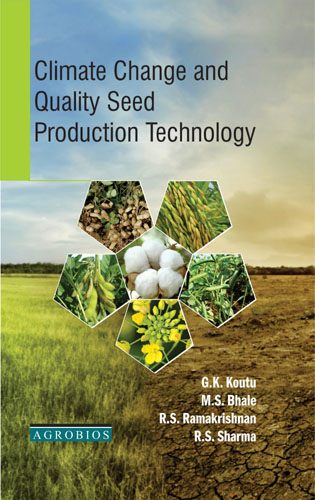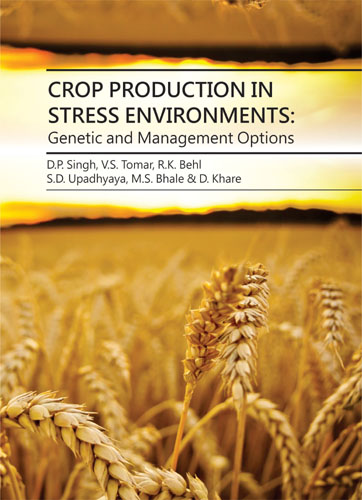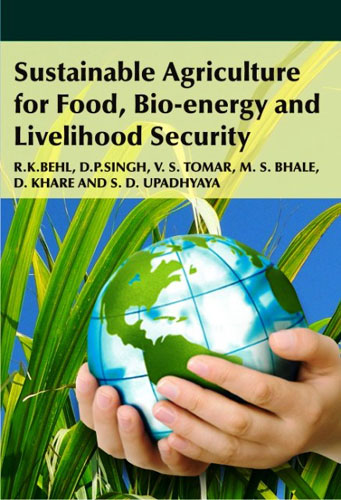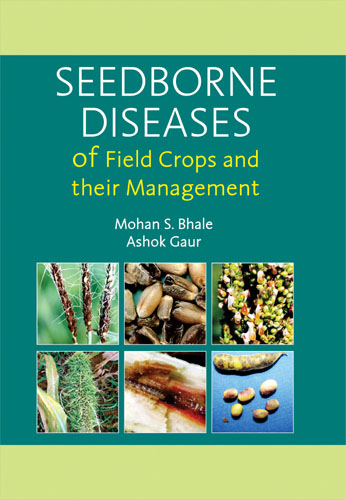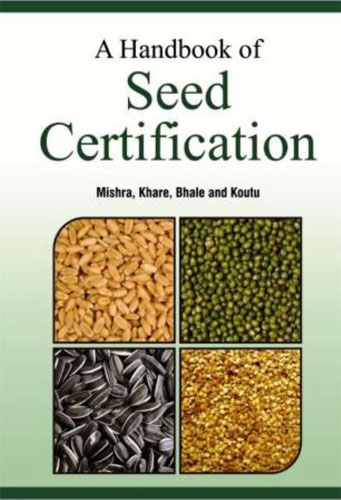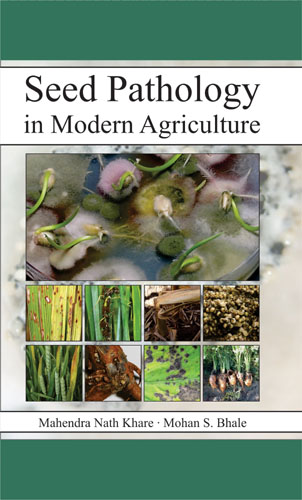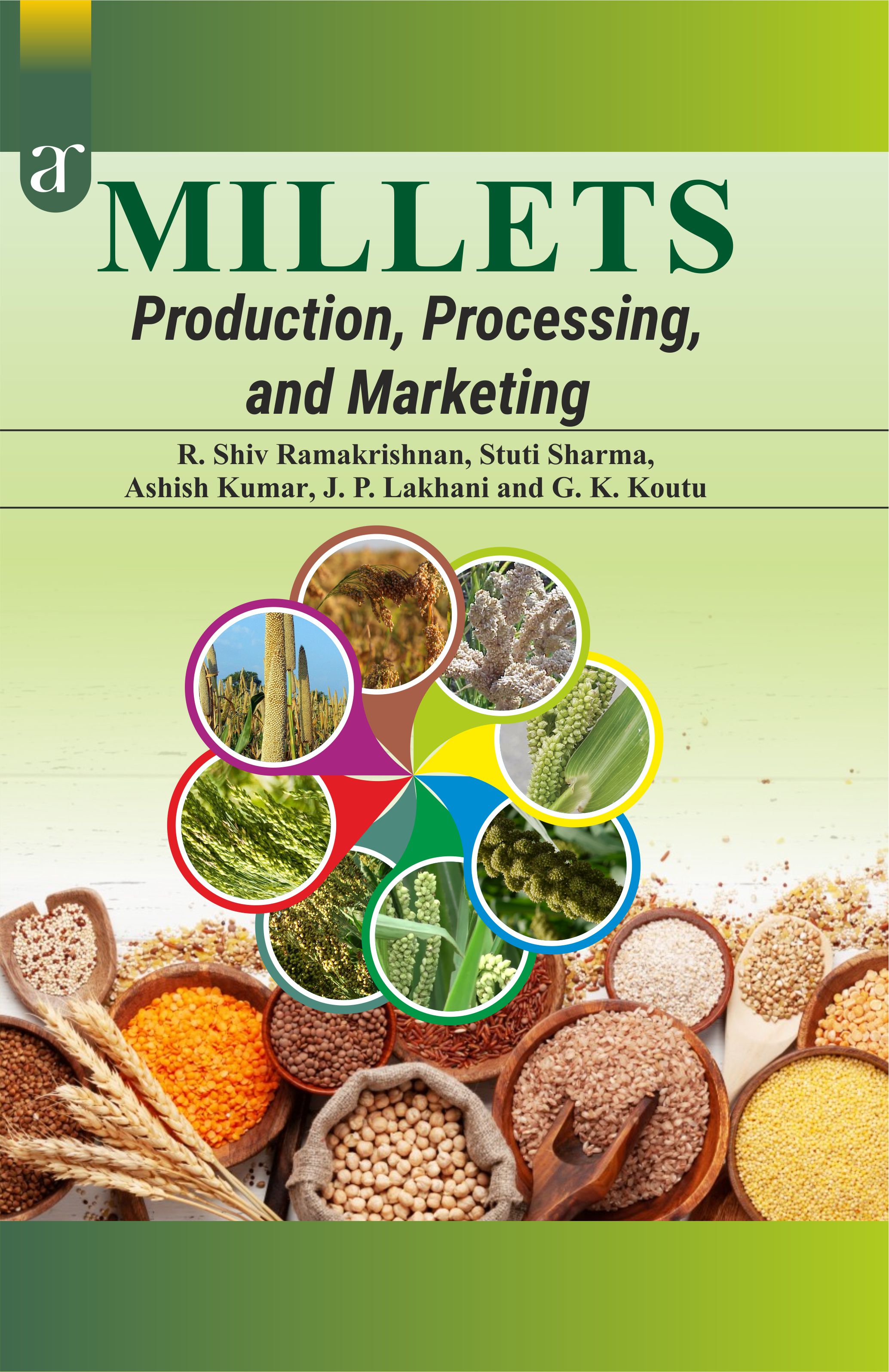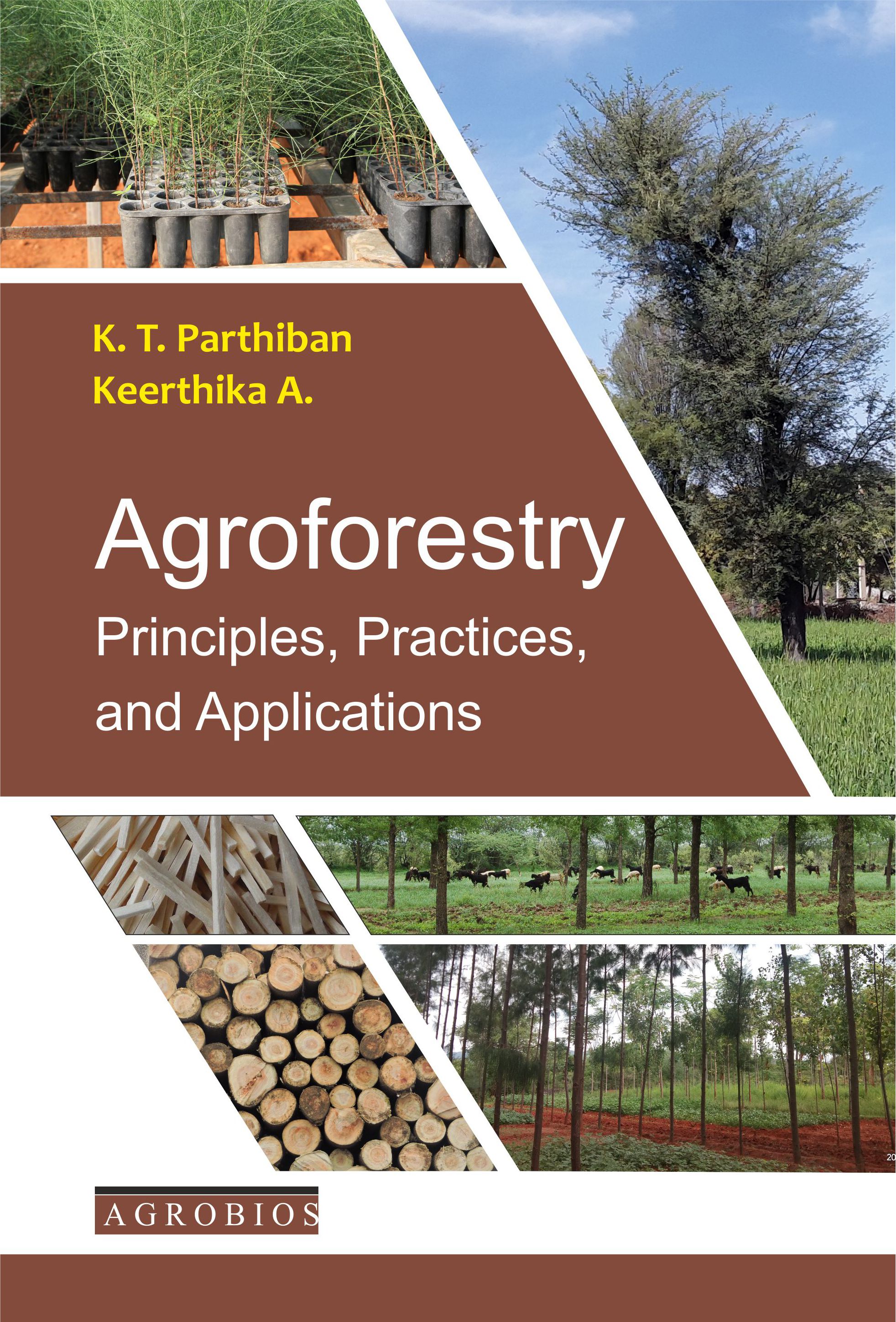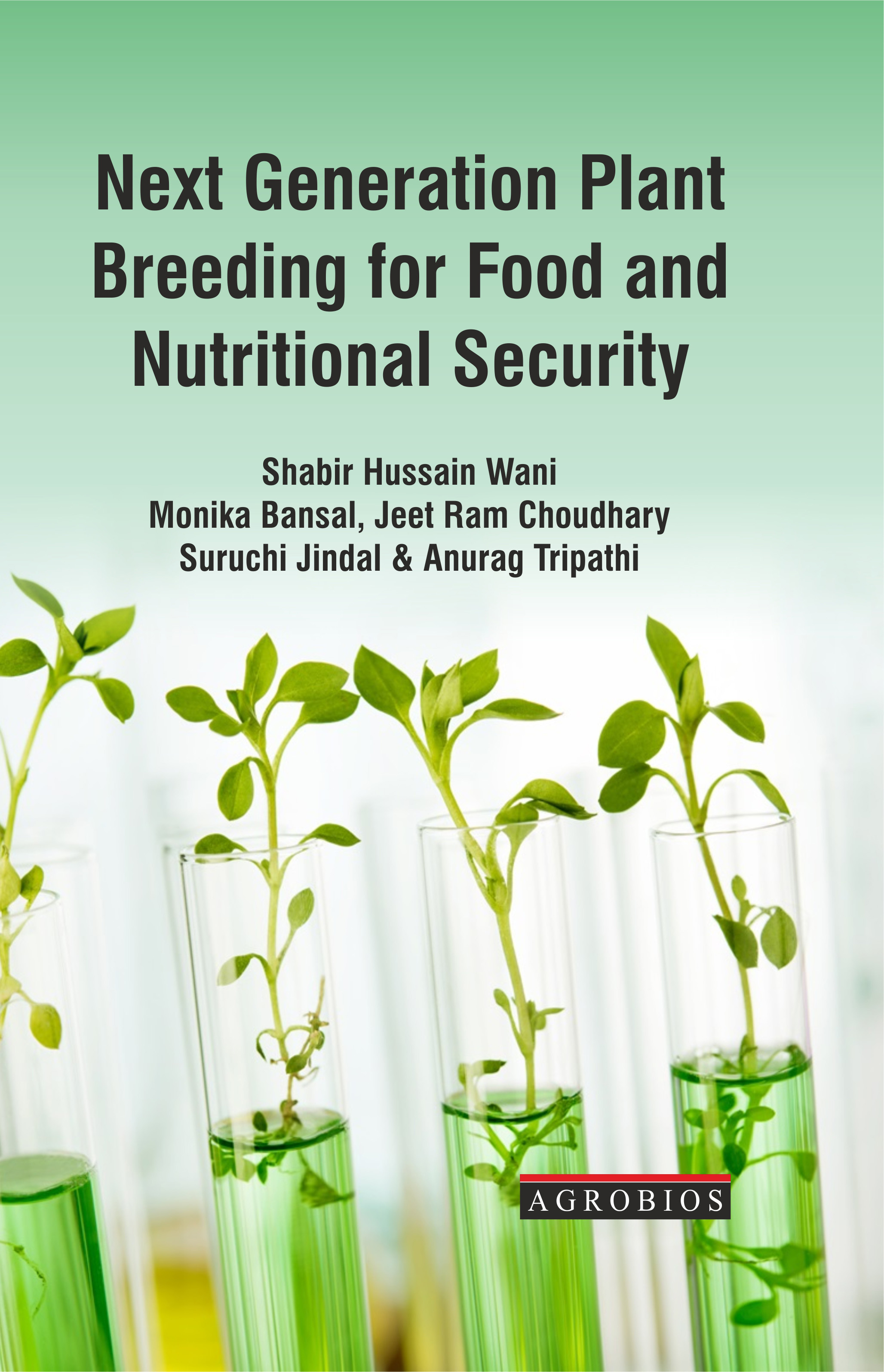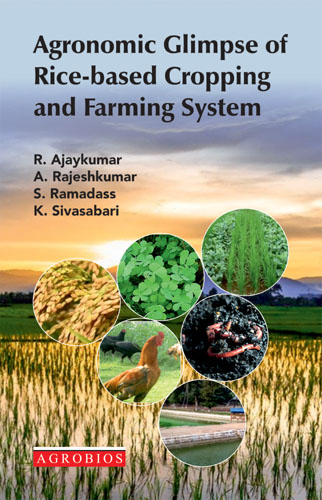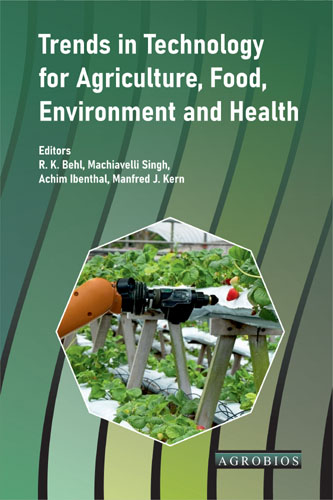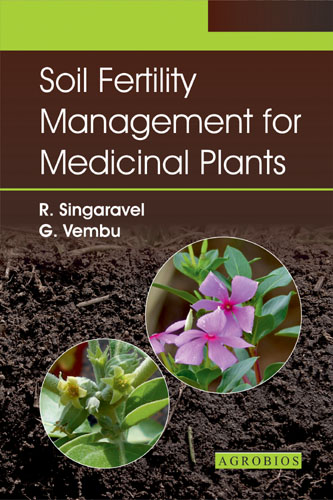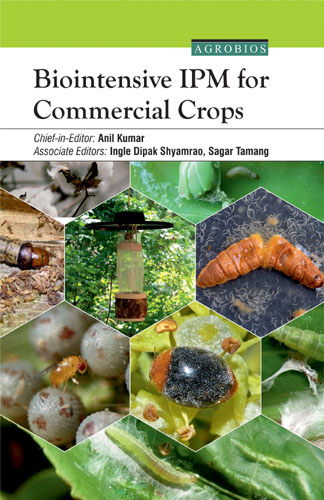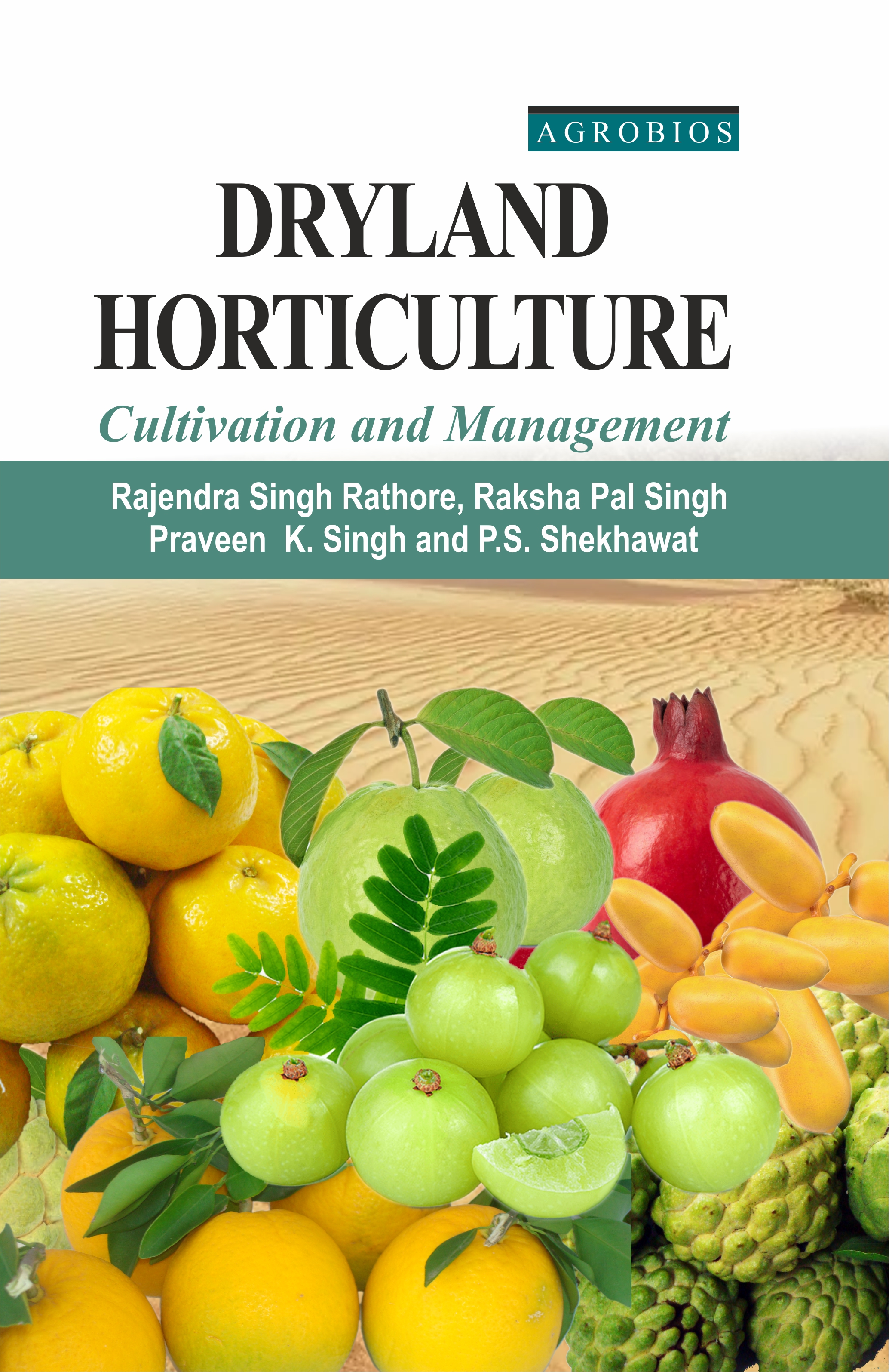Field Crops Seed Production Technology: Principles And Practices NEW
Crop variety improvement and quality seed supply are
the two prime elements determining the success of modern agriculture. During
the Green Revolution era, India's agriculture witnessed spectacular growth
through the introduction of seeds of high yielding varieties. Later, the coarse
cereals, pulses, oilseeds and vegetables emulated the success with the
introduction of hybrid seeds.
Despite the huge institutional framework for seed
production, the availability of quality seeds continues to be a major problem
for the farmers. As a result, they prefer to rely on farm saved seeds. The seed
replacement rate continues to remain in the range of 2-10 for certain crops, which
is below the desired level of 20 per cent for the most crops. Seed replacement
rate has a strong positive correlation with the productivity and production of
crops. Village based seed banks provide an alternative solution to this problem
and help farmers become self-reliant.
The superior varieties/ hybrids developed and
released for cultivation need to be properly maintained for their genetic and
physical purity in order to exploit their full genetic potential. The genetic
purity in subsequent generations largely depends upon the quality of nucleus/ breeder
seed .For achieving this goal, the maintenance breeding becomes an important
task.
To accelerate agricultural development, it is
necessary to protect the Plant Breeder's Rights to stimulate investments for
research and development of new plant varieties. Such protection is likely to
facilitate the growth of the seed industry will ensure the availability of high
quality seed and planting material to the farmers. To give effect to the
aforesaid objectives, the Protection of Plant Varieties and Farmer's Right Bill
was introduced in the parliament.
Though the seed quality is a complex phenomenon, technologies
to handle nearly each and every factor affecting the quality seed have been
developed. For proper utilization of advanced technologies or innovation like
designer seed should be put into practice. A designer seed could reduce
pesticide on crops, enhance germination under biotic and abiotic stress and
improve the vigour of seedlings.
IPM technology is more relevant for sustainable
quality seed production which combines biological control, host plant resistant,
appropriate farming practices and minimize the use of pesticides. Also, the
proper storage of planting material is a major problem in India, where the
combination of high temperature and high relative humidity cause rapid
deterioration of seed quality. The innovative new technologies enable farmers, seed
producers, and seed distributors to effectively store seeds without losing the
viability and germinability. Â
The book has been organized with the available
information on recent techniques of seed production management on various field
crops in a systematic manner. The book will be of immense value for seed
production specialists, teachers, students, researchers and policy makers.
Dr. Koutu GK
 555
555 Book Details
Field Crops Seed Production Technology: Principles And Practices NEW
TEXT-CUM-REFERENCES BOOK
452
0
0
AMERICAN ROYAL (6X9)
800 Gms
M/s AGROBIOS (INDIA)
PG STUDENTS | SCIENTISTS AND RESEARCHERS | UG STUDENTS |
Agronomy , Plant Breeding And Genetics , Seed Science And Technology , Post Harvest Management ,



